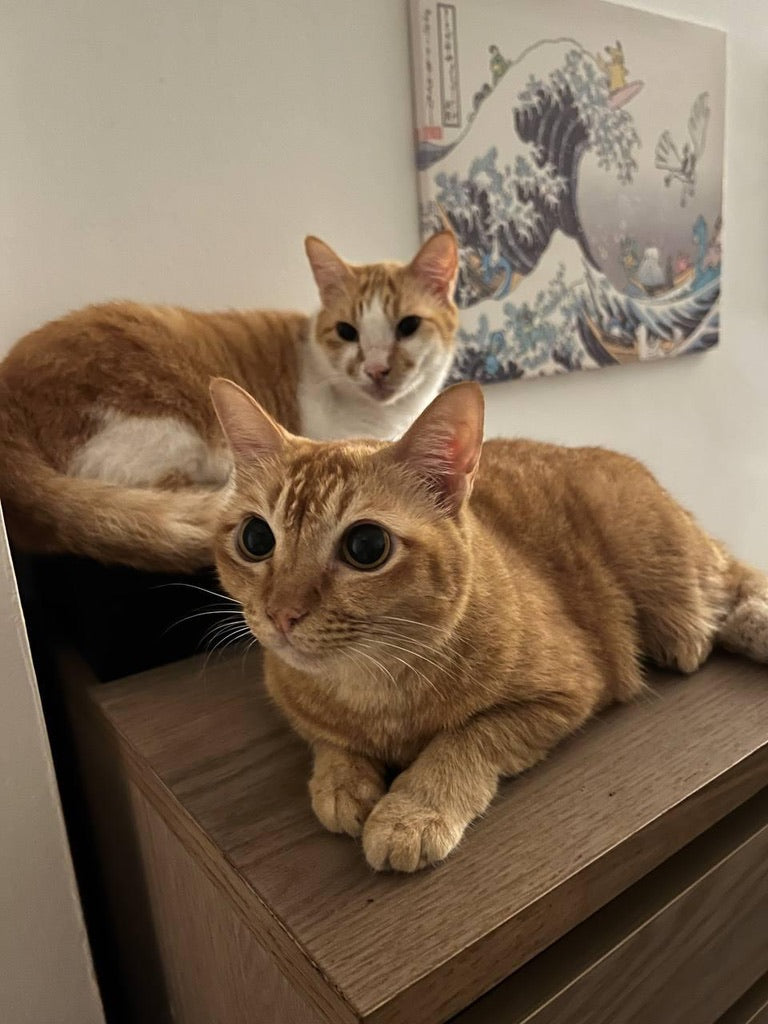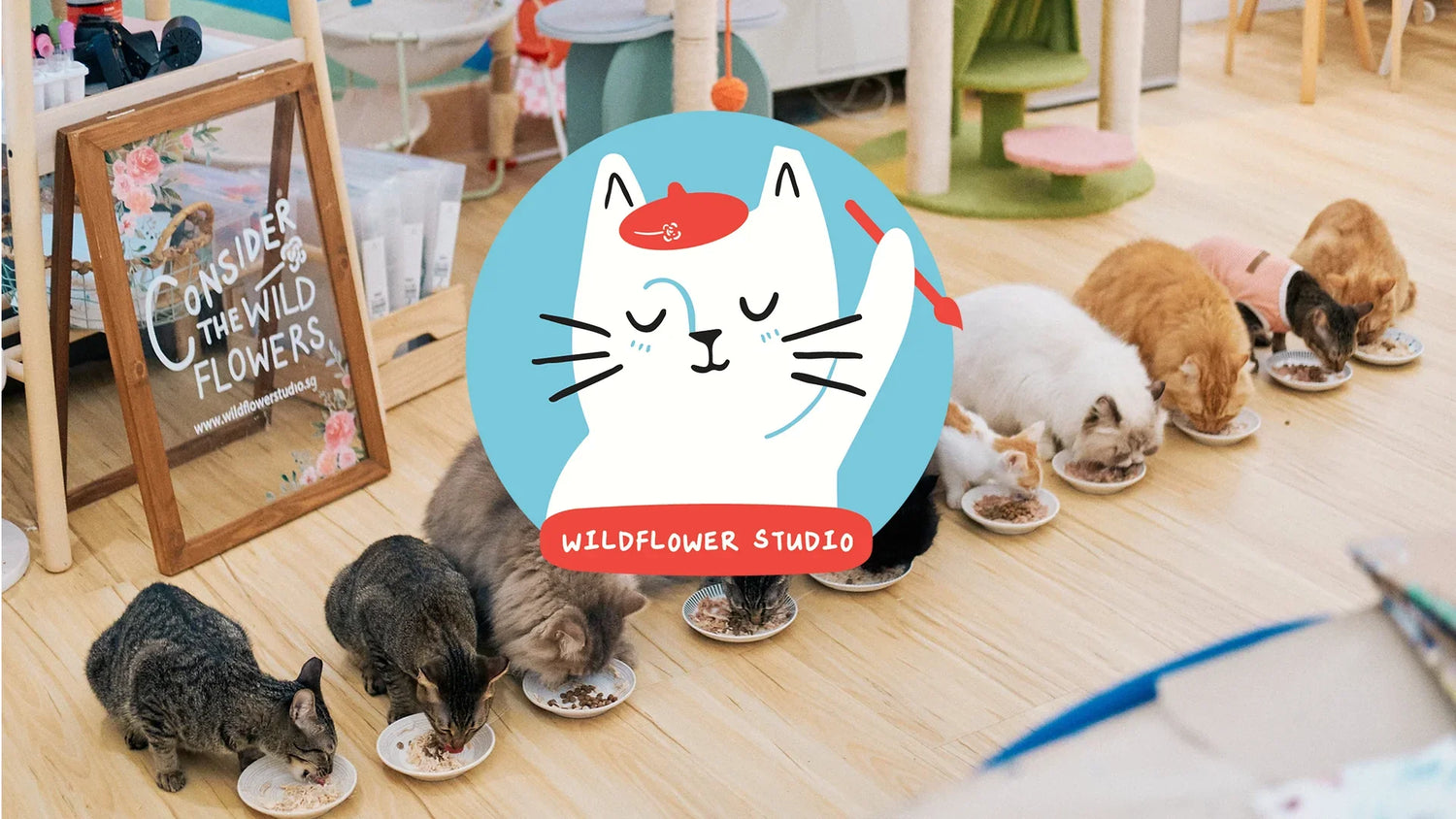
Cat Vomiting: Causes, Solutions, and How to Help Your Feline Friend
Vomiting in cats is a common concern for pet owners. While occasional vomiting may not be alarming, chronic or frequent vomiting requires closer attention. In this article, we explore the potential causes of cat vomiting, offer solutions, and provide tips for prevention to ensure your feline friend's health and happiness.
Common Causes of Cat Vomiting
1. Hairballs
Cats groom themselves constantly, swallowing loose fur that can form hairballs. If these aren't passed naturally, they may be vomited up. Learn about how to manage hairballs in cats.
2. Dietary Sensitivities or Allergies
Cats may have intolerances to certain proteins or fillers in their food, leading to vomiting. Switching to a hypoallergenic or single-protein cat food can help.
3. Eating Too Quickly
Some cats gulp their food, which can lead to regurgitation. Slow-feeder bowls or smaller, frequent meals can mitigate this issue.
4. Ingesting Non-Food Items
Cats are curious and may chew on houseplants, string, or other foreign objects, which can irritate their stomach or cause blockages. Read about toxic plants for cats.
5. Underlying Medical Conditions
Chronic vomiting can indicate serious issues like kidney disease, hyperthyroidism, or gastrointestinal disorders. Symptoms of feline medical conditions can help you identify potential problems.
Solutions for Cat Vomiting
1. Monitor and Adjust Diet
If vomiting occurs sporadically, try adjusting your cat’s diet to a more digestible option, such as fresh or gently cooked food. Avoid sudden changes; transition gradually over 7-10 days.
2. Hydration is Crucial
Cats often rely on their diet for moisture. Switching to a high-moisture food can improve hydration and digestion.
3. Provide Regular Grooming
Regular brushing reduces loose fur, lowering the risk of hairballs. Consider using a cat grooming tool designed to remove shedding fur effectively.
4. Use Slow-Feeder Bowls
These bowls help control your cat’s eating speed and prevent overeating, a common cause of vomiting. Explore slow-feeder options.
5. Consult Your Veterinarian
Persistent vomiting requires professional attention. Schedule a check-up to rule out underlying health issues.
Preventing Vomiting in Cats
- Feed high-quality, balanced meals suited to your cat’s age and dietary needs.
- Stick to a consistent feeding routine and portion sizes.
- Avoid access to toxic plants, strings, or other potential foreign objects.
- Ensure regular vet check-ups to catch potential health problems early.
Why The Bon Pet Can Help
At The Bon Pet, we prioritise your cat’s health with our expertly crafted meals. Our Signature Chicken Ragu is:
- Made from free-range chicken raised on probiotic grains for the highest-quality protein.
- Sous vide cooked to lock in essential nutrients and ensure safety.
- Rich in moisture, aiding digestion and reducing the risk of dehydration.
- Free from fillers, artificial additives, and allergens, making it ideal for sensitive stomachs.
Switching to our AAFCO-compliant meals could help address dietary-related vomiting while supporting overall well-being.

